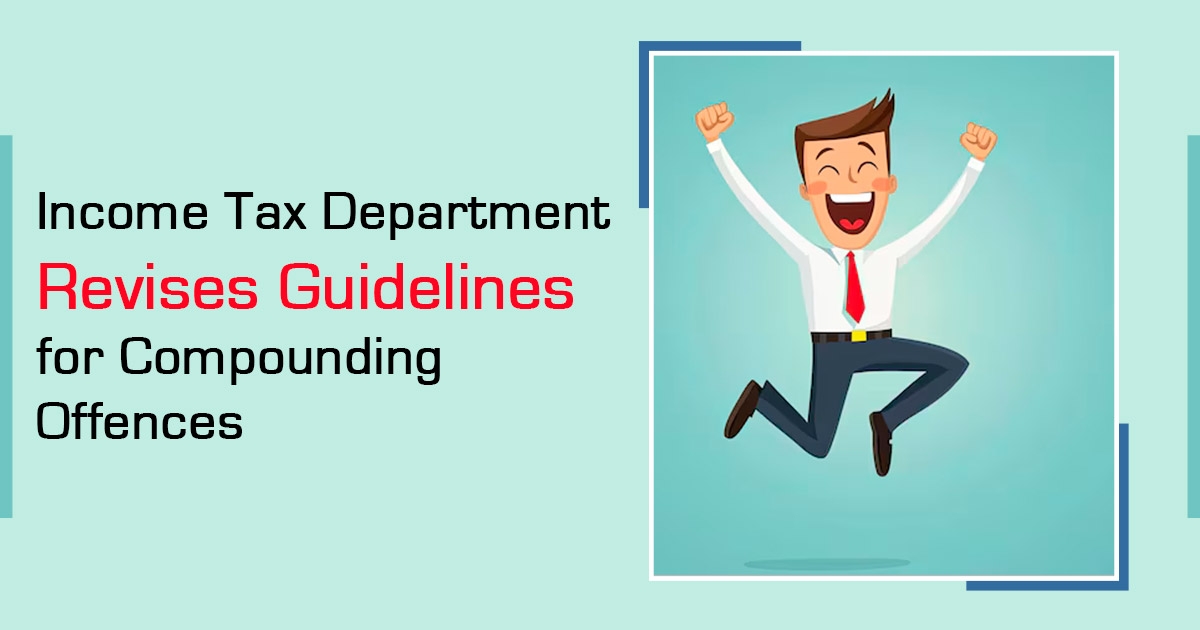
Central Board of Direct Taxes (CBDT) has provided the updated norms for the compounding of offences under the Income-tax Act, 1961, to facilitate the process as well as accessible for the assessees as per the statement from the Ministry of Finance.
The guidelines are in the budget announcement list of the Finance Minister to streamline the compounding process.
These changed guidelines have the objective to ease the process for taxpayers, eliminating much of the complexities from earlier guidelines.
Through diminishing the complexities emerging from the current multiple guidelines the new guidelines shall anticipated to ease the stakeholders easing the compounding process and decreasing the compounding charges, as per the ministry.
Read Also: CBDT Notifies New Guidelines for Selecting ITRs for Scrutiny
Elimination of the classification of offences is one of the changes that facilitates the process for taxpayers. Also no more limit on the number of times an individual or entity can file an application for compounding.
If any defects in earlier applications the applicants are permitted to file a new application post fixing those problems which was not permitted in the old guidelines, as per the ministry.
Also, the amended guidelines permit the compounding of offences under sections 275A and 276B of the Income-tax Act. Before that there was a 36-month time limit to file the compounding applications after the submission of the complaint however the same restriction has been eliminated now, furnishing taxpayers flexibility.
The introduced change is aimed at companies and Hindu Undivided Families (HUFs). The main accused no longer needed to file the compounding application. Rather than that the offences of both the main accused and any co-accused can be compounded once the pertinent compounding charges get filed via the main accused or any of the co-accused.
“To facilitate compounding of offences by companies and HUFs, the requirement of main accused filing the application has been dispensed with,” the ministry cited.
Also, the compounding charges have been rationalized. The interest charges have been removed for the late payment of compounding fees.
Also, the rate of distinct offences like TDS defaults, has been decreased to a single rate of 1.5% per month down from the previous rates of 2 pc, 3pc, and 5 pc. The compounding charges calculating method for non-filing of tax returns has been facilitated and co-accused individuals shall no longer be charged separate compounding fees.
To both pending and new applications the updated guidelines shall be applicable from the date of their issuance, replacing all the earlier guidelines on the subject.
To ease the tax compliance process and facilitate ease of compliance for businesses and individuals the same would be an additional step which the government has taken.








